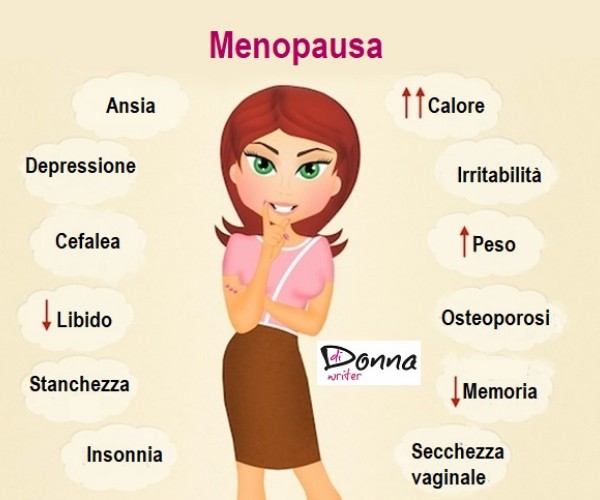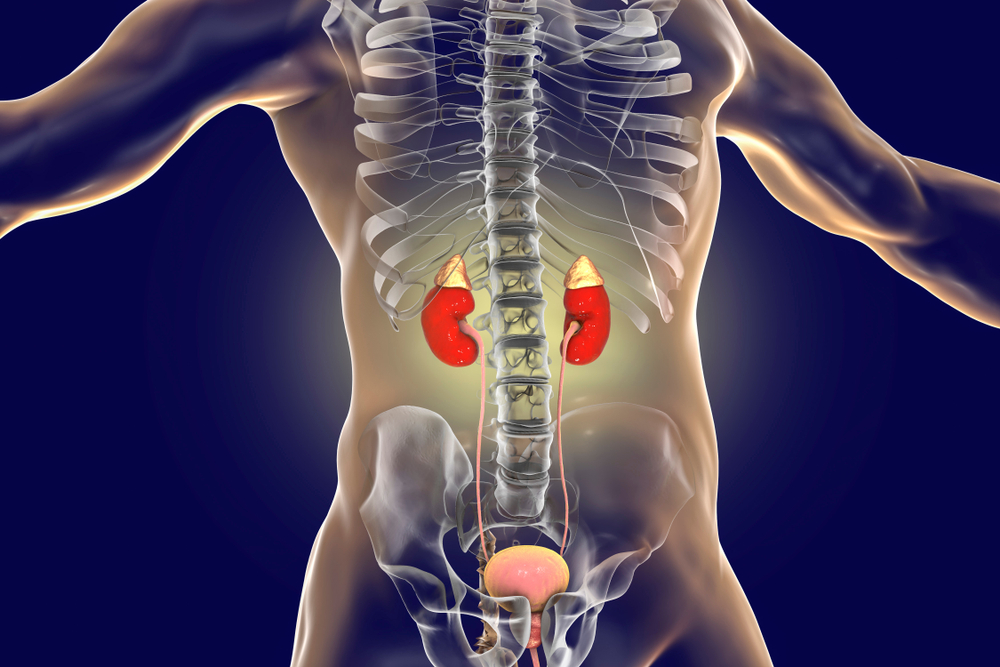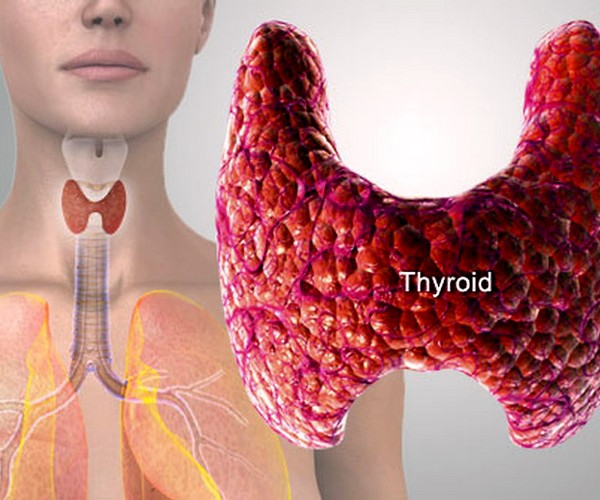Obesity-related diseases will cause more than 90 million victims in OECD countries over the next three decades, with life expectancy reduced by nearly three years; economically, too, the consequences will be significant, with a 3.3 percent reduction in GDP and an average of about $360 per year burdening the budgets of each citizen. The figures were provided by the OECD itself, in a report that outlines a very worrying landscape for Italy as well.
Although the prevalence of obesity in our country is lower than in most of the Organization for Economic Cooperation and Development’s member countries, its impact is considerable. Italians live an average of 2.7 years less due to being overweight, which is responsible for 9.0% of health care spending, above the average of other countries. If we could change our dietary regimen, with a 20 percent reduction in our intake of sugar, salt, calories and saturated fat, we could prevent 688,000 noncommunicable diseases by 2050, save 278 million annually in health care costs and increase employment and productivity by an amount corresponding to the equivalent of 18 thousand full-time workers.
The OECD urges authorities to take public health actions to promote healthier lifestyles, which have a positive impact on the population and are a good investment: on average, for every euro invested, up to six euros are returned in economic benefits. And, for Italy, it is especially important to turn our eyes to the future and think in terms of prevention, given that we are now the fourth-largest country in the world in terms of childhood obesity, clear evidence of the progressive spread of unhealthy habits and lifestyles.
” Children – OECD experts declare – They pay a high price for obesity: they do less well in school and, when they grow up, are less likely to complete higher education; they also show less satisfaction with life and are three times more likely to be bullied, which in turn may contribute to lower school performance.”
Frequently, moreover, children’s obesity or overweight status will be maintained into adulthood, with an increased risk of chronic diseases, such as diabetes, and reduced life expectancy. In the European Union, women and men with the lowest incomes are 90% and 50% more likely to be obese, respectively, than those with the highest incomes, reinforcing inequalities. In access to employment, individuals with at least one chronic disease associated with overweight are at a disadvantage and, when they do have a job, they are more often absent and are less productive.
Source:
OECD. The Heavy Burden of Obesity. The Economics of Prevention. Published on October 10, 2019


































































































